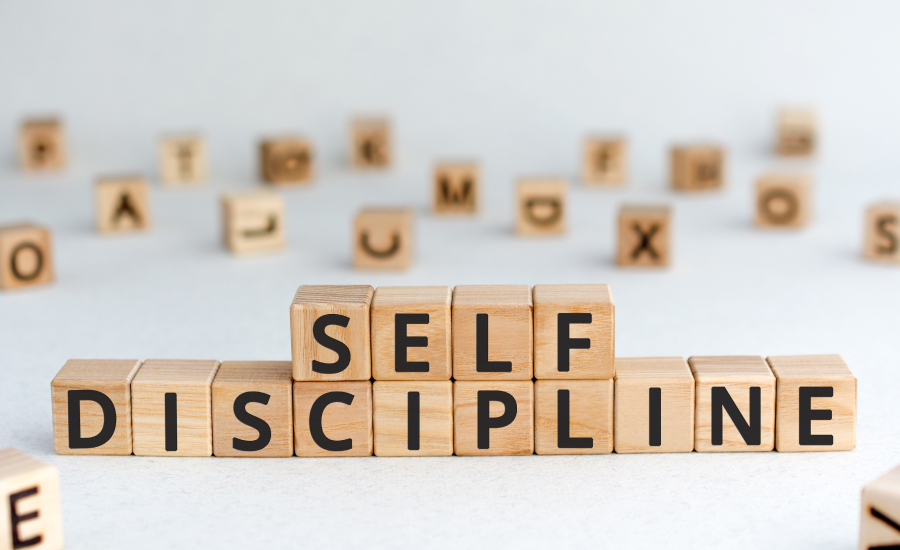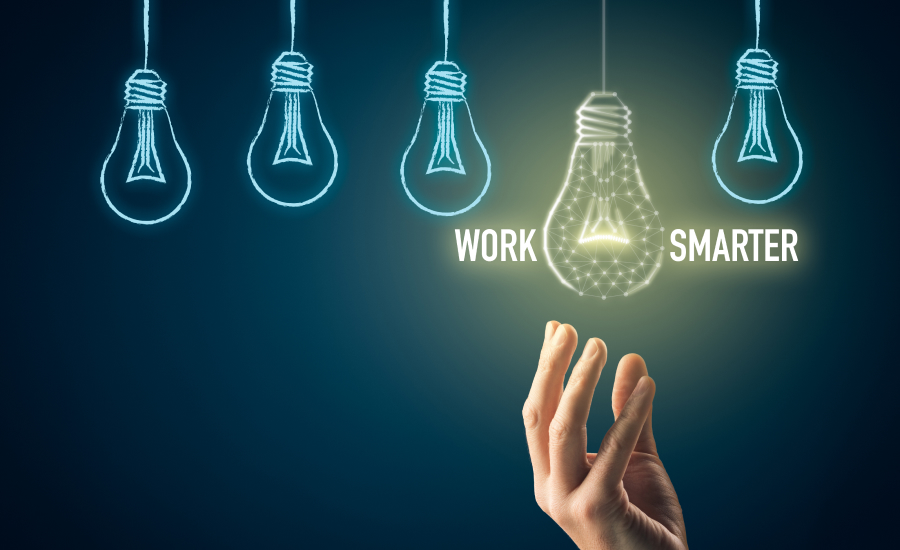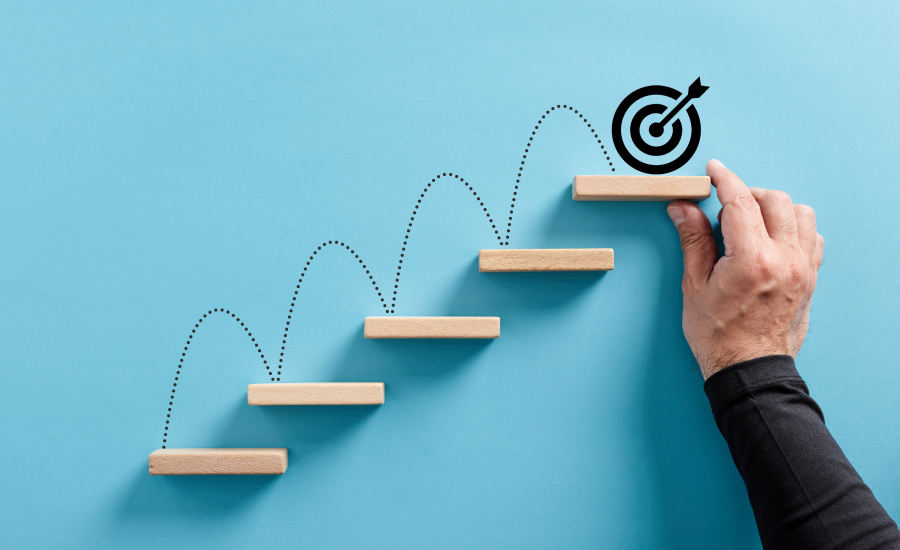Do you find yourself constantly distracted? From notifications popping up on your phone to co-workers dropping by your cubicle, it can be challenging to stay focused and productive. To make the most of your time and energy at work, it is important to master distractions that can hinder your productivity.
I. Introduction
Distraction can be defined as anything that prevents you from focusing on the task at hand. It can come from both external and internal sources, such as emails, social media, your own thoughts, and more.
Mastering distractions can lead to improved productivity, better focus, and more efficient workflows. It requires you to be mindful of the sources of distraction and to use strategies to reduce their impact.
A. Definition of Distraction
Distraction can be defined as anything that prevents you from focusing on the task at hand. It can come from both external and internal sources, such as emails, social media, your own thoughts, and more.
Distraction can interfere with your ability to concentrate, make decisions, and accomplish goals. It can also lead to stress and anxiety, as well as reduce your productivity and efficiency.
B. Benefits of Mastering Distractions
Mastering distractions can lead to a number of benefits. It can help you become more productive and efficient at work, as well as improve your focus and concentration. It can also help reduce stress and anxiety and make it easier to stay motivated and on task.





